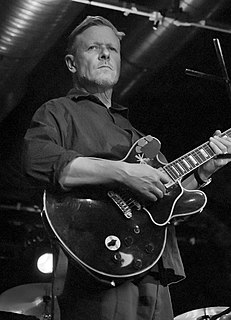A Quote by Maryam Mirzakhani
As a kid, I dreamt of becoming a writer. My most exciting pastime was reading novels; in fact, I would read anything I could find.
Related Quotes
As a kid, I dreamt of becoming a writer. My most exciting pastime was reading novels; in fact, I would read anything I could find. I never thought I would pursue mathematics until my last year in high school. I grew up in a family with three siblings. My parents were always very supportive and encouraging. It was important for them that we have meaningful and satisfying professions, but they didn't care as much about success and achievement.
I do find that people are incredibly naive about what it is to be a writer. Like you would pay an incredible amount of money for an MFA program and still not have the slightest idea of how one goes about becoming a writer. So, I'm always flabbergasted when people say, "Oh, I was invited to do a reading, but I'm not going to read because I don't have a book.".
Radio is the medium that most closely approximates the experience of reading. As a novelist, I find it very exciting to be able to reach people who might not ever pick up one of my books, either because they can't afford it (as is often the case in Latin America), or because they just don't have the habit of reading novels.
I never could read Foucault. I find philosophy tedious. All of my knowledge comes from reading novels and some history. I read Being and Nothingness and realized that I remembered absolutely nothing when I finished it. I used to go to the library every day and read every day for eight hours. I’d dropped out of high school and had to teach myself. I read Sartre without any background. I just forced myself and I learned nothing.
Amidst the flood of dangerous reading, I plead for my Master's book; I call upon you not to forget the book of the soul. Do not let newspapers, novels, and romances be read, while the prophets and Apostles be despised. Do not let the exciting and sensual swallow up your attention, while the edifying and the sanctifying can find no place in your mind.
I am satisfied that if a book is a good one, it is so whatever the sex of the author may be. All novels are or should be, written for both men and women to read, and I am at a loss to conceive how a man should permit himself to write anything that would be really disgraceful to a woman, or why a woman should be censured for writing anything that would be proper and becoming for a man.
No one can teach writing, but classes may stimulate the urge to write. If you are born a writer, you will inevitably and helplessly write. A born writer has self-knowledge. Read, read, read. And if you are a fiction writer, don't confine yourself to reading fiction. Every writer is first a wide reader.
No one can teach writing, but classes may stimulate the urge to write. If you are born a writer, you will inevitably and helplessly write. A born writer has self-knowledge. Read, read, read. And if you are a fiction writer, dont confine yourself to reading fiction. Every writer is first a wide reader.
A man I know who writes and aspires to be a novelist does very little reading, and he's not that successful. But I think it's because he's like the kid who wants to be a ballplayer and never goes to the ballpark or tries to hit a ball. So I'd say reading is the most important thing that I do, besides the actual writing. I'm always asking as I read, "How did the writer do this? Why do I suddenly have tears in my eyes? Why am I crying?"




































